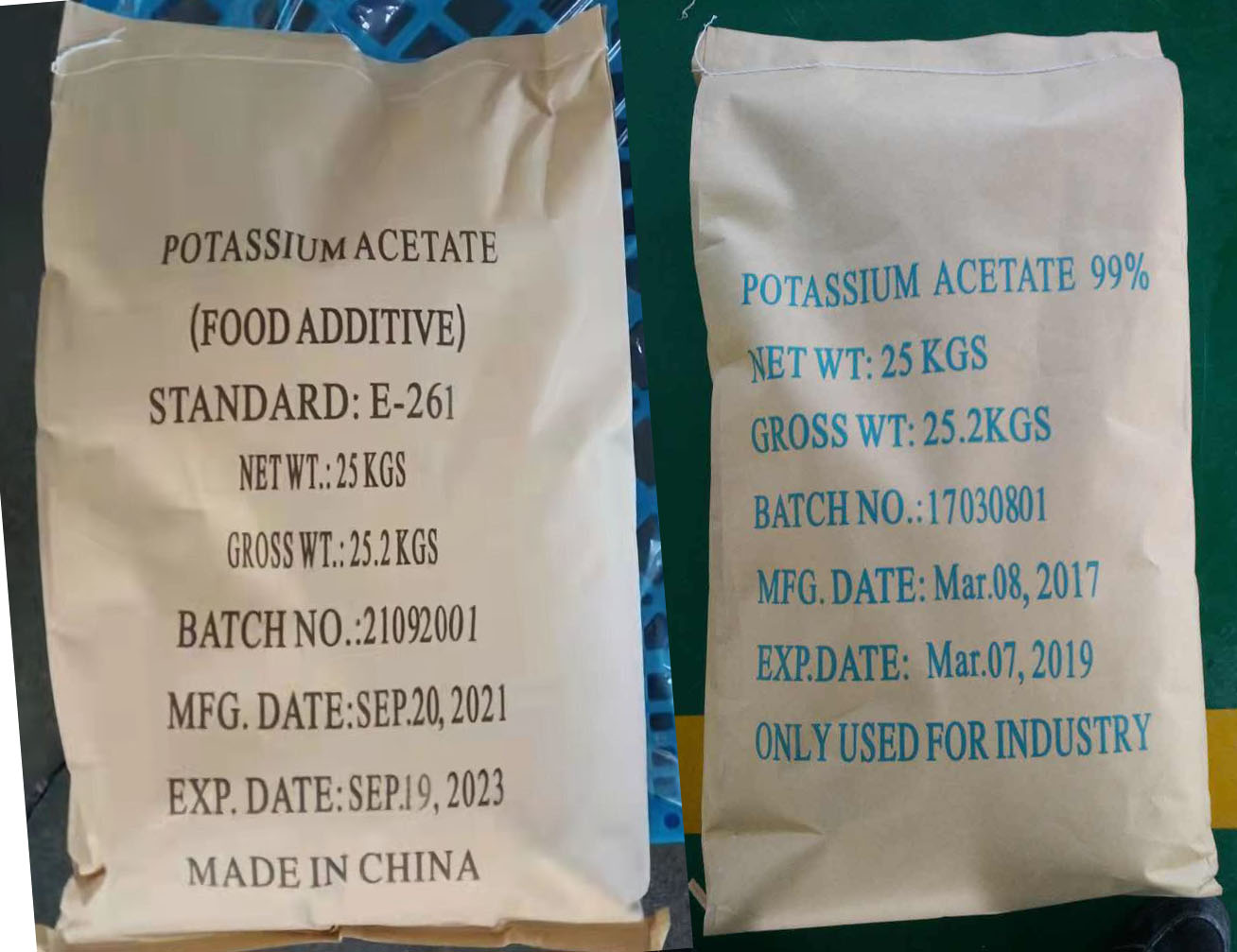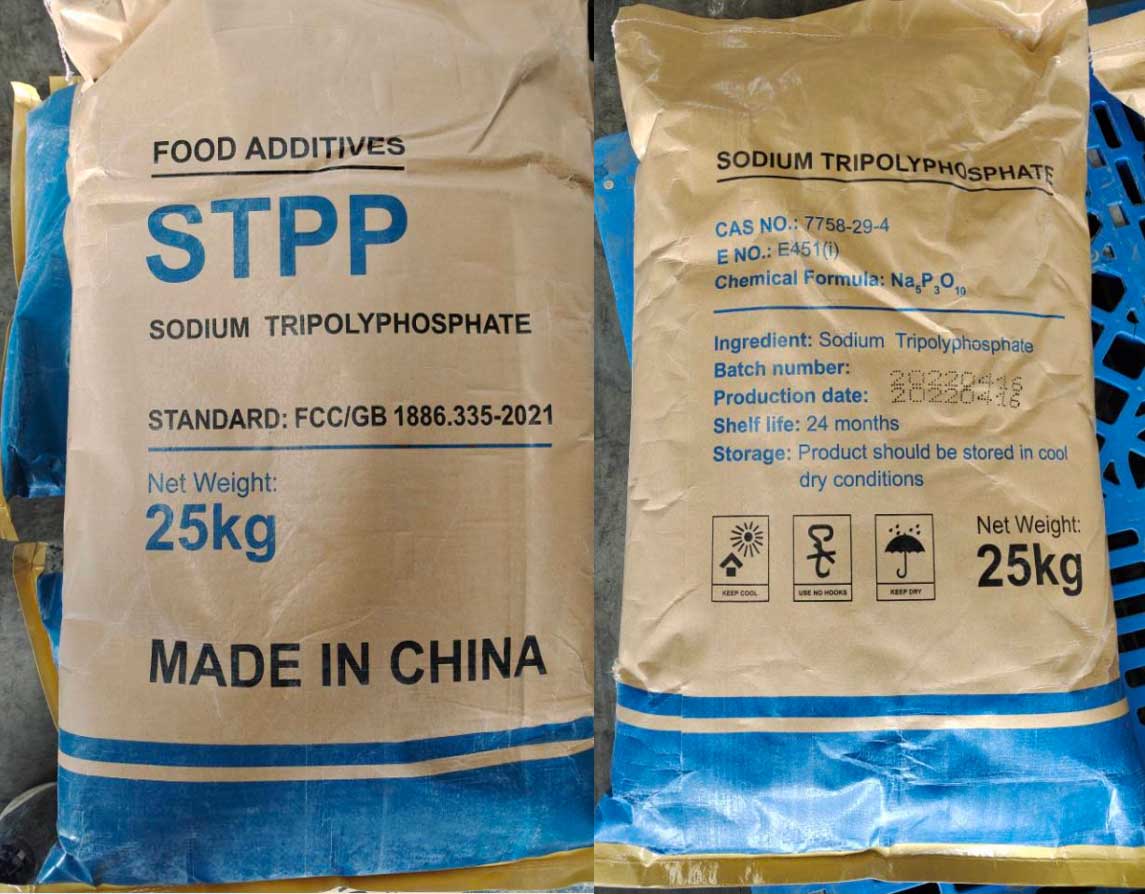Introduction
Potassium acetate, a white crystalline solid with the chemical formula CH3COOK, is a versatile compound that finds applications in various industries. Its unique properties make it an effective deicing agent, anti-freezing agent, snow melting liquid, high-performance fertilizer, and food additive. This article will explore the diverse uses of potassium acetate and its significance in different fields.
Deicing and Anti-Freezing Agent
One of the most prominent applications of potassium acetate is as a deicing and anti-freezing agent. In regions with harsh winter conditions, ice and snow can pose significant challenges to transportation and infrastructure. Traditional deicing agents like rock salt (sodium chloride) are often used, but they have several drawbacks, including corrosion of metal structures, damage to concrete, and environmental concerns.
Potassium acetate offers a more environmentally friendly and effective alternative. It has a lower freezing point than water, which means it can melt ice and snow at much lower temperatures. The compound works by lowering the freezing point of water, preventing the formation of ice on surfaces such as roads, runways, and walkways. Unlike sodium chloride, potassium acetate does not corrode metals or harm vegetation, making it a preferred choice for airports, bridges, and other critical infrastructure.
The effectiveness of potassium acetate as a deicing agent is further enhanced by its ability to form a brine solution, which remains liquid at very low temperatures. This property makes it particularly useful in extreme cold conditions where other deicing agents may fail. Additionally, potassium acetate is less corrosive to concrete and asphalt, reducing the need for frequent repairs and maintenance.
Snow Melting Liquid
In addition to its use as a deicing agent, potassium acetate is also employed as a snow melting liquid. When applied before a snowfall, it can prevent the accumulation of snow and ice, ensuring clear and safe surfaces. The compound's low freezing point and high solubility in water make it an ideal choice for this application.
Snow melting liquids containing potassium acetate are often used in urban areas, parking lots, and commercial properties to keep pathways and driveways clear. These solutions can be sprayed or spread on surfaces, creating a protective layer that inhibits the formation of ice and snow. The effectiveness of potassium acetate in this role is due to its ability to disrupt the hydrogen bonding in water molecules, thereby lowering the freezing point and preventing ice formation.
High-Performance Fertilizer
Potassium acetate is also used as a high-performance fertilizer in agriculture. As a source of both potassium and carbon, it provides essential nutrients to plants, promoting healthy growth and development. Potassium is a critical macronutrient that plays a vital role in plant metabolism, including photosynthesis, water regulation, and stress resistance.
The use of potassium acetate as a fertilizer is particularly beneficial for crops that require high levels of potassium, such as fruits, vegetables, and ornamental plants. It is easily absorbed by plant roots and can be applied through soil or foliar sprays. The compound's high solubility in water ensures that it is readily available to plants, even in dry conditions.
Moreover, potassium acetate can improve soil structure and fertility. It helps to maintain the pH balance of the soil, which is crucial for optimal nutrient uptake by plants. The compound also enhances the microbial activity in the soil, promoting a healthy and vibrant ecosystem. This makes it a valuable tool for sustainable agriculture practices, contributing to higher crop yields and improved plant health.
Food Additive
In the food industry, potassium acetate is used as a food additive, primarily as a preservative and flavoring agent. It is approved for use in many countries, including the United States, where it is listed as Generally Recognized As Safe (GRAS) by the Food and Drug Administration (FDA).
As a preservative, potassium acetate inhibits the growth of bacteria and mold, extending the shelf life of various food products. It is commonly used in baked goods, confectionery, and meat products to prevent spoilage and maintain freshness. The compound's antimicrobial properties are attributed to its ability to lower the pH of the food, creating an environment that is unfavorable for the growth of microorganisms.
Additionally, potassium acetate is used as a flavoring agent, imparting a mild, vinegar-like taste to foods. It is often added to pickles, sauces, and condiments to enhance their flavor profile. The compound is also used in the production of sour candies and other confectionery items, where it provides a tangy, acidic taste that is appealing to consumers.
Environmental Impact
While potassium acetate offers numerous benefits, it is important to consider its environmental impact. Compared to traditional deicing agents like sodium chloride, potassium acetate is generally considered more environmentally friendly. It has a lower toxicity to aquatic life




